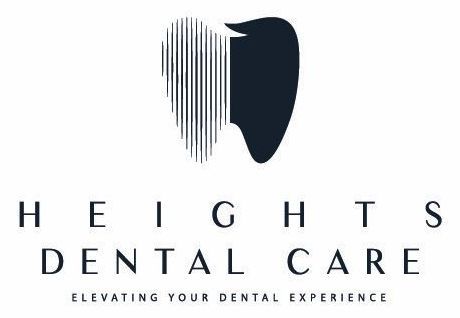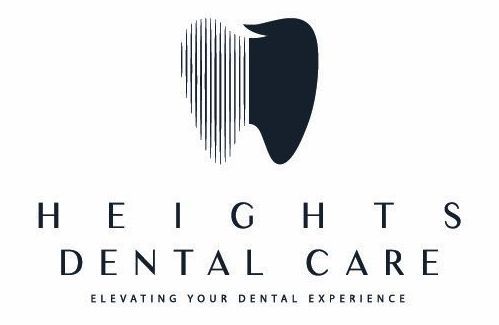ORAL SURGERY
Oral surgery has been used on patients since ancient and medieval times. Today it is a common procedure performed daily in dentist offices across America. Surgery is necessary when there are dental problems that can’t be resolved with cleanings, scaling or other non-invasive treatments. Oral surgeons use X-rays to pinpoint the problem within the gums, jaw, bone tissue or teeth, and resolve them with surgical procedures at the dentist’s office. Learn more about oral surgery and how it can benefit your dental health.
ORAL SURGERY
Oral surgery has been used on patients since ancient and medieval times. Today it is a common procedure performed daily in dentist offices across America. Surgery is necessary when there are dental problems that can’t be resolved with cleanings, scaling or other non-invasive treatments. Oral surgeons use X-rays to pinpoint the problem within the gums, jaw, bone tissue or teeth, and resolve them with surgical procedures at the dentist’s office. Learn more about oral surgery and how it can benefit your dental health.
About Oral Surgery in Dentistry
Oral (maxillofacial) surgery is used to treat diseases and conditions in the head—mostly the face and jaw. Dental surgeons are the doctors who perform these types of surgeries on patients. Oral surgery is considered the oldest specialized service in the field of dentistry.
Types of Oral Surgery
There are a number of procedures that fall under the umbrella of oral and maxillofacial surgery. Most either involve removing something that’s causing a problem or adding something that will help reconstruct your smile. Here are a few of the most common types of oral surgery:
- Removal of wisdom teeth
- Extraction of an infected tooth
- Periodontal surgery to clear up infections
- Bone grafting surgery to regrow bone tissue
- Installation of dental implants
- Surgery to relieve pain due to TMJ disorder
- Removal of cysts, tumors or other growths in the mouth
Types of Oral Surgery
There are a number of procedures that fall under the umbrella of oral and maxillofacial surgery. Most either involve removing something that’s causing a problem or adding something that will help reconstruct your smile. Here are a few of the most common types of oral surgery:
- Removal of wisdom teeth
- Extraction of an infected tooth
- Periodontal surgery to clear up infections
- Bone grafting surgery to reinforce and regrow bone tissue
- Installation of dental implants
- Surgery to relieve pain due to TMJ disorder
- Removal of cysts, tumors or other growths in the mouth
Benefits of Oral Surgery
Oral surgery allows your dentist to remove problems that are causing pain or discomfort and give your mouth a chance to heal. Some procedures help restructure your smile to improve your overall facial appearance. Many patients are happy to learn that most oral surgeries will happen in the comfort of the dentist’s office, instead of a hospital.
Oral surgery is necessary to resolve numerous dental ailments and injuries. If you have a dental problem that may require oral surgery, call the Dearborn HEIGHTS, MI dentist of HEIGHTS Dental Care today at
734-865-2761
to schedule a consultation.

Dental Office:
Office Phone:
EMail:
Office Hours:
| Mon | 9:00 am - 5:00 pm |
| Tues | 9:00 am - 5:00 pm |
| Wed | 9:00 am - 5:00 pm |
| Thurs | 9:00 am - 5:00 pm |
| Fri | 8:00am - 2:00pm |
| Sat | 9:00am - 3:00pm |
| Sun | CLOSED |
